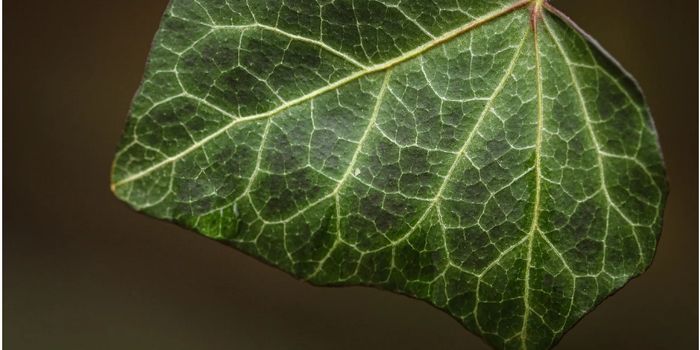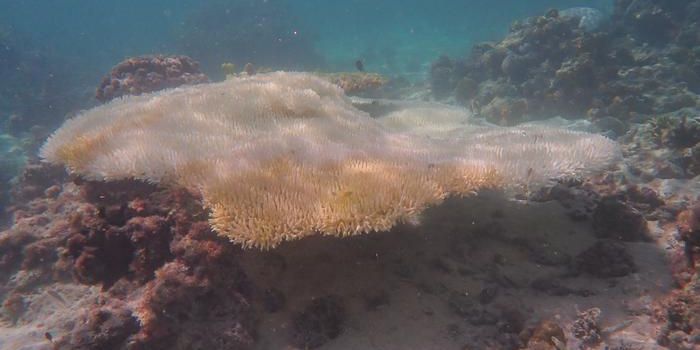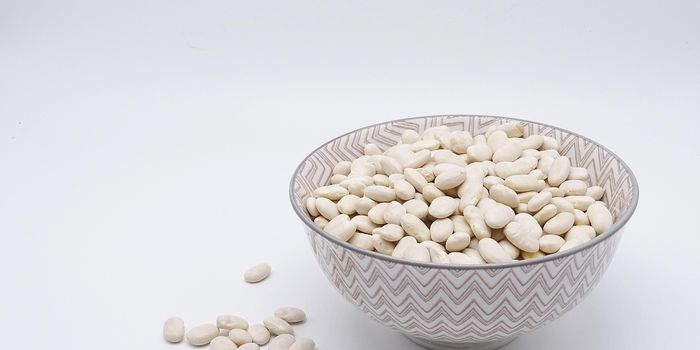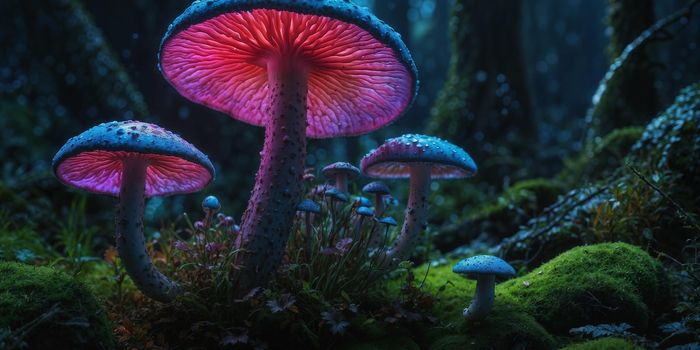Transgender Fish: The Result of Flushing Contraceptives & Other Chemicals
You might want to think twice about what you flush down the toilet or drainage system in your house. The potential side effects on the environment from both processed human waste and chemicals that are being intentionally dumped down the drain are already beginning to show.
Even after a water treatment plant has "purified" water enough for release into our natural waterways, that same water can contain traces of our way of life, which in turn has the potential to damage the environment and the creatures that live in it.
According to the results of an ongoing study conducted in the UK by professor Charles Tyler from the University of Exeter, almost 20% of male freshwater river fish are beginning to exhibit more female-like characteristics than is considered normal, a side effect believed to be brought on by the types of chemicals being flushed down drains and toilets.
Image Credit: acetpharma/Pixabay
Chemical analyses revealed high concentrations of contraceptives (birth control) were making their way into waterways, as were other household chemicals or plastics. A number of these are "estrogenic to fish," Tyler says.
The ingredients of contraceptive medications, which often make their way into the toilet through urine or when expired pills are dumped by the owner, are likely having the greatest influence over this peculiar finding.
Related: The first-known observation of Androgenesis naturally-occuring in a fish
Among the side effects, male fish are producing extra female proteins and developing eggs in the testes at higher rates than ever before. The result of both of these side-effects will have a long-standing negative impact on reproduction and could spell out problems for local fish species if not dealt with swiftly.
Contraceptives weren’t the only chemicals found, however. There were an estimated 200 different forms of chemicals discovered that contained oestrogens or similar chemicals that could be linked to additional problems for the fish.
Even the presence of flushed anti-depressants were having an impact on wildlife, as they were making fish a little too brave for their own good. In some cases, the extra bravery would cause different behavior to occur in the face of predators, which reduced their odds of survival.
"Other research has shown that many other chemicals that are discharged through sewage treatment works can affect fish, including antidepressant drugs that reduce the natural shyness of some fish species, including the way they react to predators," Professor Tyler explained.
Flushing chemicals down the toilet is having far more extensive side-effects than most would’ve imagined. Not only is this bad for the environment, but it’s awful for the wildlife that are forced to live in our mess.
Related: This fish has fat, goopy lips that protect it from coral stings
This is perhaps something to think about the next time you decide how you will dispose of your unwanted chemicals. In the meantime, we'll have to find a better way to filter flushed water so that it doesn't have such a negative impact on the environment.
Source: University of Exeter via The Telegraph









